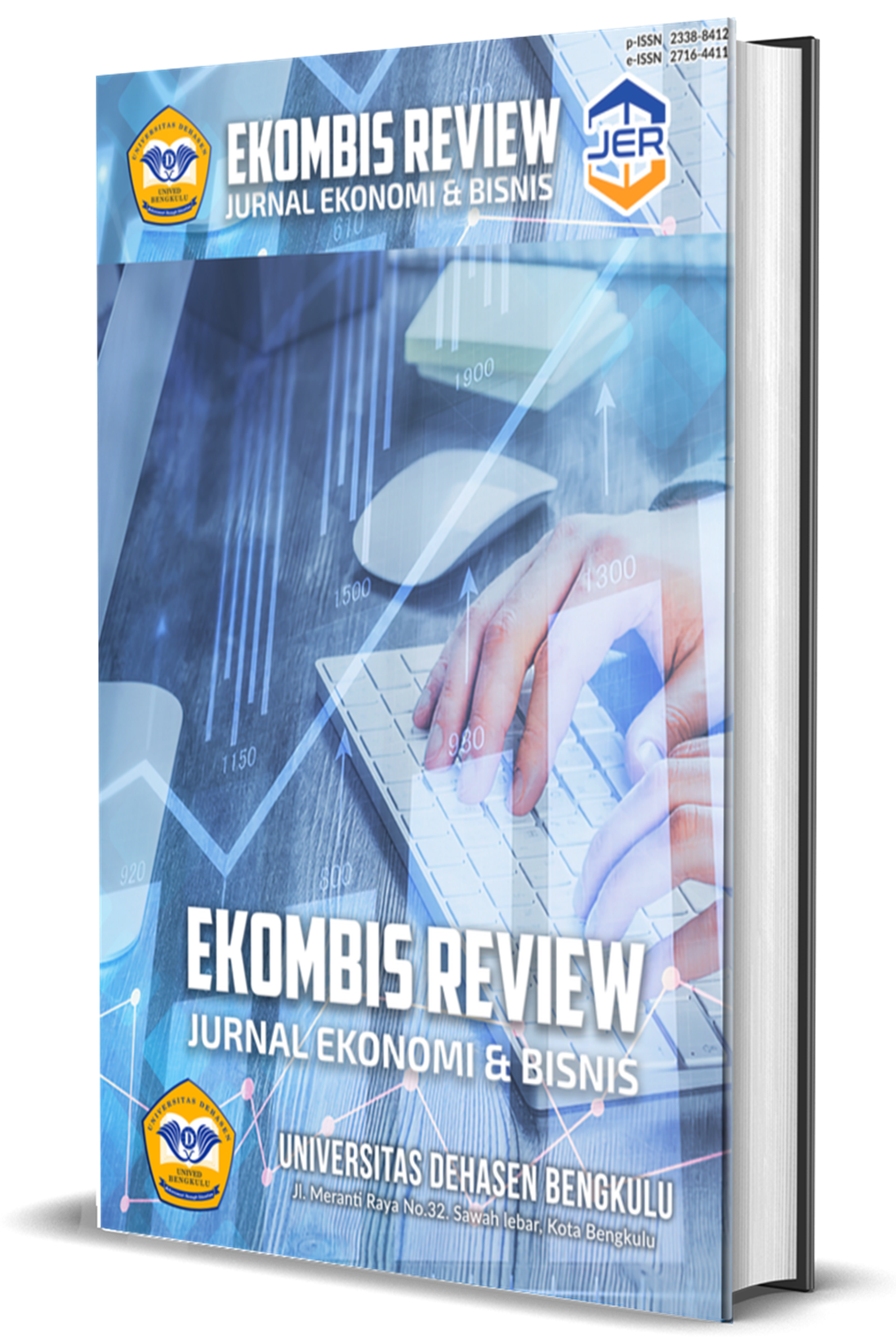Strengthening Leadership Succession Through The Delegation Of Authority Strategy Model In Corporate Succession Planning In Jakarta
Abstract
Determine how delegation of authority can help employees develop managerial skills. Research objectives: First, we examine the benefits of delegation of authority for leadership skill development; second, we examine the effectiveness of succession planning in preparing future leaders; and third, we investigate the role of delegation in facilitating organizational transitions integrated with succession planning. Methodology: SEM with Smart PLS 4.0. The sample consisted of 92 respondents, selected using the non-probability sampling method. Results: An effective succession-planning strategy involves delegating authority to stimulate talent development and facilitate the placement of qualified workers in significant positions. Conclusions and suggestions: HR professionals can use this matrix to put succession planning concepts into practice, especially where delegation of authority is involved, by integrating the nine-box matrix methodology. In addition, HiPo Mapping will assist in the recruitment, training and placement of skilled workers in key positions within the organisation.
Downloads
Copyright (c) 2025 Yuni Pratikno, Harries Madiistriyatno M, Meirna Milisani, Haspul Naser, Eric Hermawan

This work is licensed under a Creative Commons Attribution-ShareAlike 4.0 International License.
An author who publishes in the EKOMBIS REVIEW: Jurnal Ilmiah Ekonomi dan Bisnis agrees to the following terms:
Author retains the copyright and grants the journal the right of first publication of the work simultaneously licensed under the Creative Commons Attribution-ShareAlike 4.0 License that allows others to share the work with an acknowledgement of the work's authorship and initial publication in this journal
Submission of a manuscript implies that the submitted work has not been published before (except as part of a thesis or report, or abstract); that it is not under consideration for publication elsewhere; that its publication has been approved by all co-authors. If and when the manuscript is accepted for publication, the author(s) still hold the copyright and retain publishing rights without restrictions. For the new invention, authors are suggested to manage its patent before published. The license type is CC-BY-SA 4.0.
EKOMBIS REVIEW: Jurnal Ilmiah Ekonomi dan Bisnis is licensed under a Creative Commons Attribution-ShareAlike 4.0 International License.














